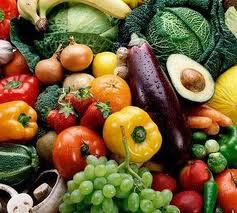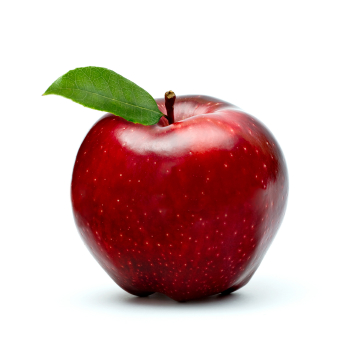Vitamin C
 Because of its popularity as a dietary supplement, Vitamin C may be the most familiar nutrient to the general public. Despite research indicating the ineffectiveness of taking Vitamin C after cold symptoms start, it’s one of the first supplements people reach for when they get a cold. Research does, however, indicate that people who take vitamin C on a regular basis may have less severe colds for a shorter period of time. But Vitamin C does so much more.
Because of its popularity as a dietary supplement, Vitamin C may be the most familiar nutrient to the general public. Despite research indicating the ineffectiveness of taking Vitamin C after cold symptoms start, it’s one of the first supplements people reach for when they get a cold. Research does, however, indicate that people who take vitamin C on a regular basis may have less severe colds for a shorter period of time. But Vitamin C does so much more.
Vitamin C, also known as ascorbic acid, is essential for normal growth, repair and development. As a health-promoting and cancer-fighting antioxidant it helps prevent damage to your cells from free radicals. Vitamin C also protects your skin and gums from daily wear-and-tear and helps to prevent cardiovascular disease. In addition, it is important for preventing arthritis, cataracts, osteoporosis and the development of scar tissue.
Vitamin C is a water-soluble vitamin, which means that it dissolves in water and is not stored in the body. Any excess amounts pass out of the body through urine. Since Vitamin C is not stored in the body we must have a continuous supply in our diet. Unfortunately many adults and children don’t meet optimal Vitamin C intake on a daily basis simply because they don’t eat enough fruits and vegetables. Severe Vitamin C deficiency leading to scurvy, a condition characterized by bleeding gums and skin discoloration due to ruptured blood vessels, is uncommon.
However, poor wound healing and weak immune function, leading to increased susceptibility to respiratory infections is common and may be indicative of Vitamin C deficiency. Certain groups of people, such as smokers and alcoholics, may require more Vitamin C due to an increase in carcinogens and a decrease in Vitamin C absorption respectively.
Since Vitamin C is not stored in the body, toxicity is rare. Daily doses of greater than 2000 mg are discouraged because such high doses can lead to stomach upset and diarrhea. How much an individual needs varies by age and gender, as well as other factors such as pregnancy and illness. The Recommended Dietary Allowance (RDA) is as follows:
Children:
0-6 months: 40 mg per day
7-12 months: 50 mg/day
1-3 years: 15 mg/day
4-8 years: 25 mg/day
Females:
ages 9-13 : 45 mg per day
ages 14-18: 65 mg/day
ages 19 and older: 75 mg/day
Pregnant females: (ages 19 and older): 85 mg/day
Lactating females: (ages 19 and older): 120 mg /day
Males:
ages 9-13: 45 mg per day
ages 14-18: 75 mg/day
ages 19 and older: 90 mg/day
As always the best source of essential nutrients is through a balanced diet consisting of varied fruits and vegetables. All fruits and vegetables contain Vitamin C, but the top ten healthiest sources of Vitamin C in descending order are: papayas, bell peppers, strawberries, broccoli, pineapple, brussels sprouts, kiwifruit, oranges, cantaloupe, and kale. Remember, raw ripened fruits and veggies will contain more essential nutrients than cooked. If you must cook them, lightly steaming them will reduce cooking losses.
If you feel like you occasionally fall short on fruit and vegetable intake, a good back up is to take a whole-food multivitamin which can be purchased from our office or a reputable health food store. If you have more questions about nutrition or supplement needs you might have, please give our office a call at 406-652-3553.

